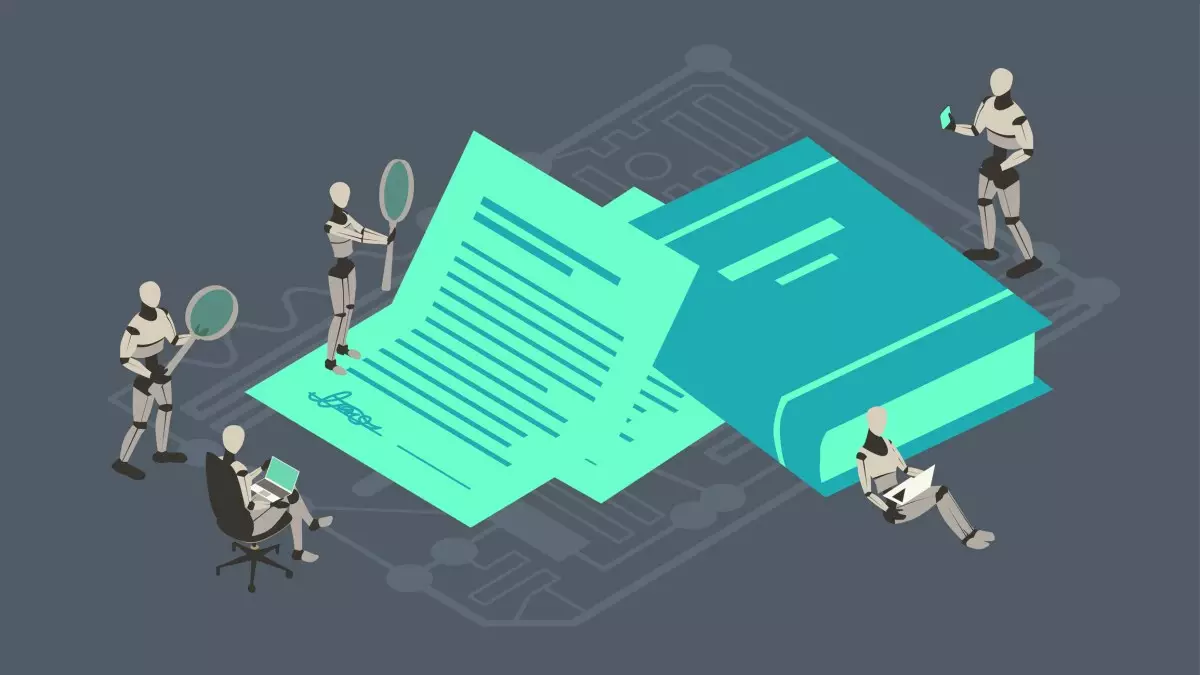In an era where artificial intelligence is transforming the fabric of society, the European Union demonstrates commendable resilience by steadfastly adhering to its AI legislation timeline. Despite mounting pressure from a coalition of global tech giants, the EU’s commitment underlines a profound understanding: sustainable and ethical AI growth cannot be sacrificed for short-term competitive gains. This unwavering stance signifies not just regulatory resolve but a strategic message that Europe aims to lead in responsible AI innovation, prioritizing safety and human rights over haste and convenience.
While major corporations like Google’s parent company Alphabet, Meta, Mistral AI, and ASML have voiced concerns, arguing that stringent regulations may handicap their ability to innovate within Europe, the EU remains resolute. This is a critical acknowledgment that ethical considerations, transparency, and risk management are indispensable pillars for truly transformative technology. The political leaders have recognized that rushing to capture AI’s economic potential without proper safeguards risks sowing societal discord and loss of trust. The EU’s clear message is that safe, understandable, and well-regulated AI should be the foundation of Europe’s future technological landscape.
The AI Act: A Thoughtful and Progressive Regulatory Framework
The legislation, often regarded as the most comprehensive attempt worldwide to regulate AI, adopts a nuanced, risk-based approach. By categorizing applications into unacceptable, high-risk, limited risk, and minimal risk tiers, the EU creates a layered system that balances innovation with responsibility. This classification encourages developers to design AI that aligns with societal values while discouraging or outright banning the most dangerous uses, like cognitive behavioral manipulation or social scoring—practices that threaten fundamental freedoms.
Furthermore, the regulations compel developers to embody transparency and accountability, especially within high-stakes domains such as biometrics, facial recognition, education, and employment. This focus on accountability distinguishes the EU’s approach from more laissez-faire models in other jurisdictions, signaling a paradigm shift toward human-centric AI. The requirement for developers to register systems and meet rigorous risk management obligations ensures a proactive stance toward ethical compliance.
Despite the industry’s objections about potential delays or restrictions, the EU’s timeline for full implementation—mid-2026—reflects a strategic patience. It allows the ecosystem to adapt, ensuring that AI systems deployed across the continent meet stringent standards. Such a methodical process may slow immediate growth, but it positions Europe as a global leader in trustworthy AI, fostering innovation that aligns with societal interests rather than short-sighted profitability.
Implications for Global Tech Ecosystems and Future Innovation
The EU’s refusal to buckle under corporate pressure reveals a pivotal insight: responsible AI governance is not an obstacle but an essential pathway toward sustainable progress. While Silicon Valley and other innovation hubs worry about losing market competitiveness, the EU’s approach could set a new global benchmark, encouraging similar frameworks worldwide. In the long run, countries that prioritize safety, ethics, and human rights in AI regulation are likely to win public trust and eventually dominate the global AI landscape.
Rather than viewing regulation as a hindrance, visionary leaders should recognize it as an opportunity to define the next chapter of AI development—one rooted in societal values and inclusive innovation. Europe’s firm stance underscores a profound belief: that the true purpose of AI is to serve humanity, not undermine it. Moving forward, the challenge will be for technology developers to innovate within these boundaries, creating powerful, ethical AI that inspires confidence and fosters progress on a global scale.

